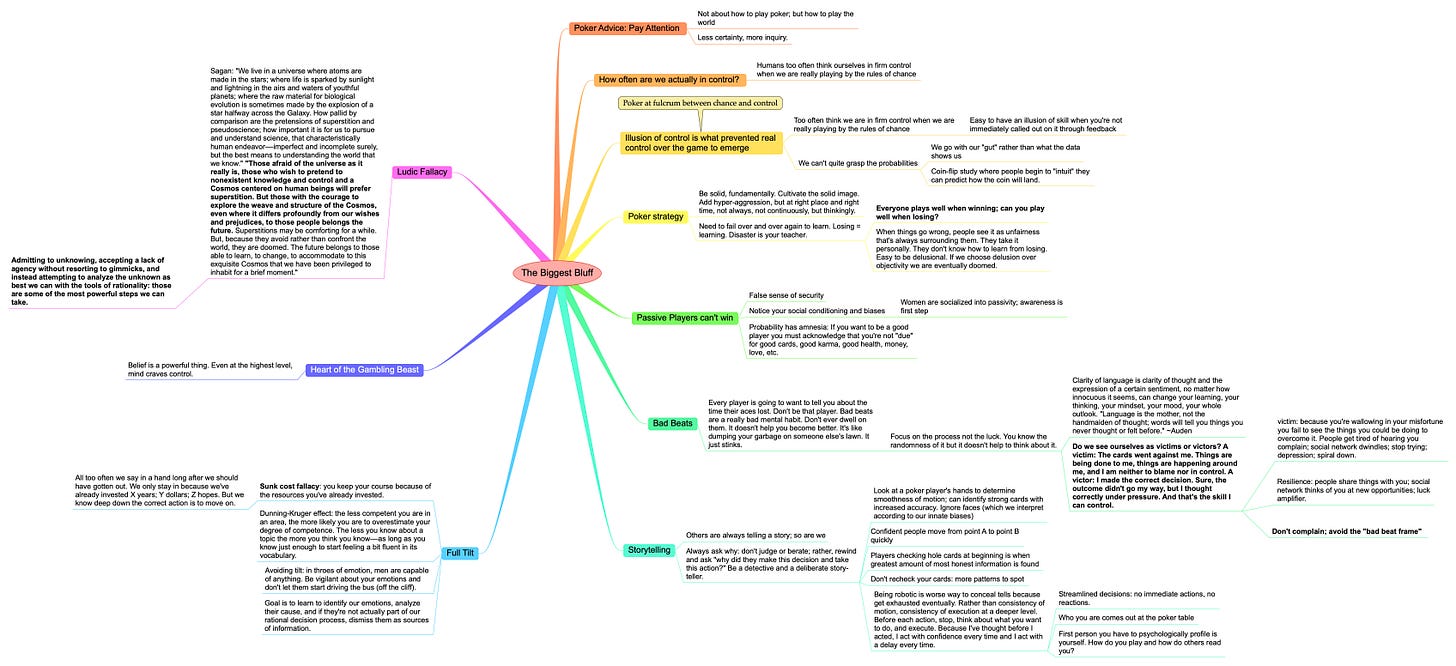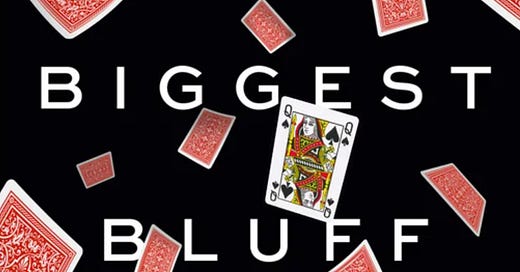There was that one time in 2003 during my Teach For America days when the superintendent of Jersey City schools summoned me to his office. “You have what it takes to be a great teacher if you could learn to follow rules.” And then he “suggested” I resign from teaching high school english due to “a difference in teaching philosophy,” and the state would continue paying my salary for the next four months as long as I didn’t come back to the school and cause a scene. So while my students ended up sitting in the cafeteria with no English teacher, half-way through the unresolved Montague and Capulet saga, I was getting paid to not-teach. After repeatedly listening to “Badlands” on windows-rolled-down high volume––if this live version of the song doesn’t give you chills, click the unsubscribe button now, for we will never understand one another––I began to wonder what this here 23 year old should do with all the extra time and money on his hands.
2. That week’s cover of the New York Times Book Review featured Positively Fifth Street: Murderers, Cheetahs, and Binion's World Series of Poker. It’s about an English professor who uses his journalistic advance to report on the World Series of Poker in order to play in the World Series of Poker his own damn self. I read it in two days, and spent the next three-five weeks, hard saying, memory’s a little hazy now, staying up all night, sometimes for 48 consecutive hours multiple times a week, teaching myself, the very hard and expensive way, how to play poker. New Jersey was paying for my mis-education, so what the fuck.
After those three weeks I read another 10 or so professional-grade How-to-Play-Poker books and memorized all kinds of mathematical Do’s and Don’ts. Sometime later that year I started to break even. Then I went to grad school and payed my way in part with poker earnings. Nothing grandiose, but enough. Eventually, I fell in love with the beauty of the game.
3. And eventually I stopped playing seriously for what felt to me were ethical reasons. What good was I doing for the world by using my time to take other people’s money?
4.

(book description over on Bookshop)
This past week I read this book above which startled awake my old love of Poker. This would be irrelevant for us CxD folks, expect it is one of the best books on Character that I’ve read in a long, long time, no exaggeration. More specifically, it’s about how a journalist, with a PhD in Psychology focused on human biases and mental blindspots, engages the crucible of poker to help her learn more about who she is, how her mind works, and what her subconscious fears are. The goal: living life with the kind of deliberate fierceness I keep going on about all the time.
This book is as powerful an in-depth reframing of poker as I have ever encountered: You may think you understand your mind and emotions and your character in theory, but how do they show up in actual life, under immense pressure and doubt and uncertainty? Care to find out?
5. In the book, Maria Konnikova quotes Carl Sagan on the topic of Luck vs Skill, the crux of the matter in Poker:
"We live in a universe where atoms are made in the stars; where life is sparked by sunlight and lightning in the airs and waters of youthful planets; where the raw material for biological evolution is sometimes made by the explosion of a star halfway across the Galaxy. How pallid by comparison are the pretensions of superstition and pseudoscience; how important it is for us to pursue and understand science, that characteristically human endeavor––imperfect and incomplete surely, but the best means to understanding the world that we know…Those afraid of the universe as it really is, those who wish to pretend to nonexistent knowledge and control and a Cosmos centered on human beings will prefer superstition. But those with the courage to explore the weave and structure of the Cosmos, even where it differs profoundly from our wishes and prejudices, to those people belongs the future. Superstitions may be comforting for a while. But, because they avoid rather than confront the world, they are doomed. The future belongs to those able to learn, to change, to accommodate to this exquisite Cosmos that we have been privileged to inhabit for a brief moment."
6. I made a mind-map of The Biggest Bluff’s most salient points. If you’re a subscriber, and would like an easier-to-read PDF, send me a note and I’ll deliver it to your inbox post-haste.




Glad you wrote about this. I read yesterday some of what she's written in the NYTimes and was fascinated by it all.